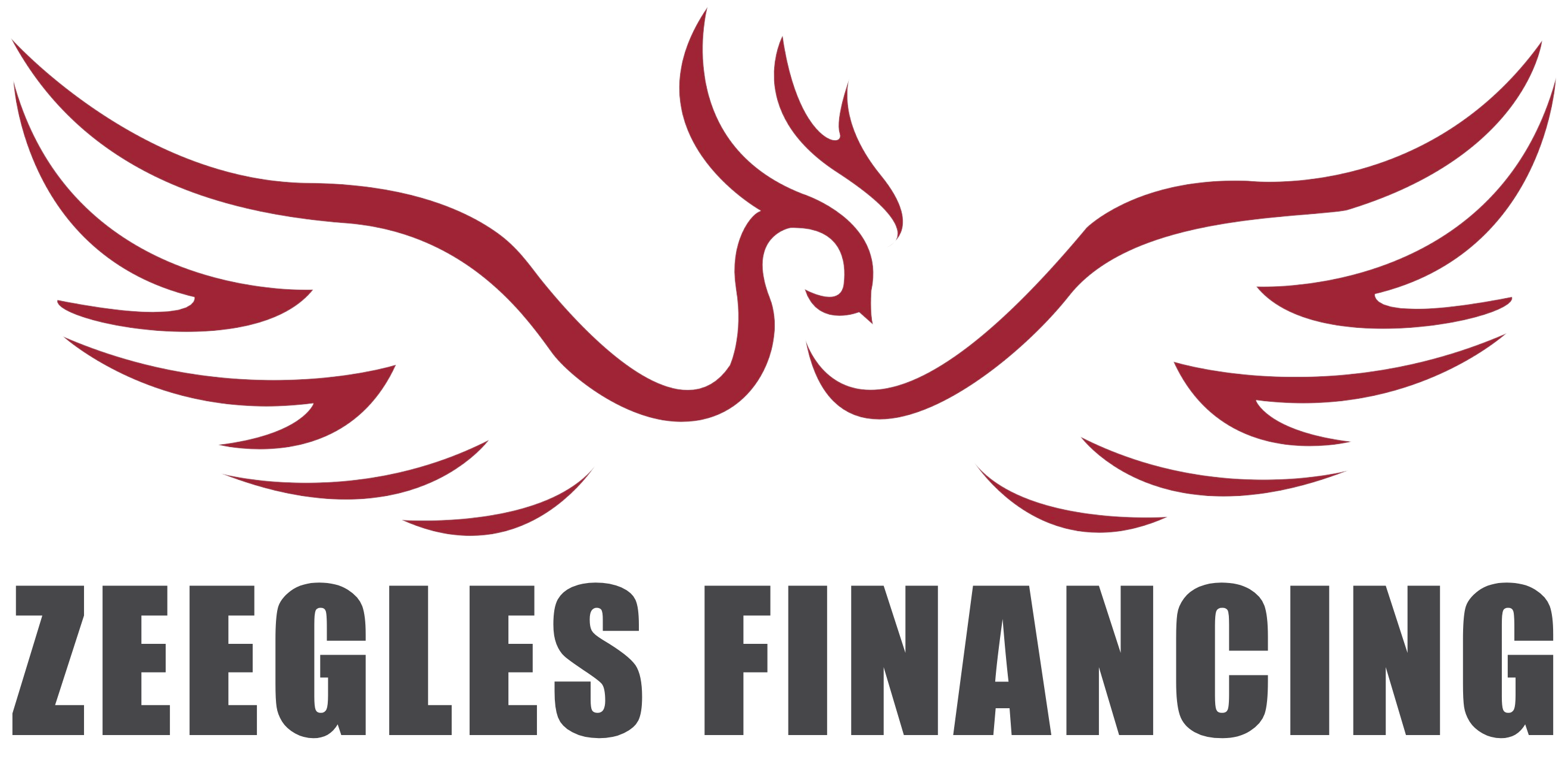What is Emirates Interbank Offered Rate
(EIBOR)
The Emirates Interbank Offered Rate, known by its abbreviation EIBOR, is the benchmark interest rate, stated in UAE dirham, for lending between banks within the United Arab Emirates (UAE) market. It is also the reference rate used by borrowers and lenders to conduct financial transactions in Dubai and the surrounding Emirates for such loans as mortgages and car loans.
BREAKING DOWN Emirates Interbank Offered Rate
(EIBOR)
The EIBOR, similar to the London Interbank Offered Rate (LIBOR), is the regional banking industry's interest rate for transferring funds and currency, and for managing liquidity in the interbank marketplace. In other words, if a bank has a liquidity issue or otherwise needs money, they borrow from another bank at the EIBOR. This rate is also the benchmark basis for other transaction prices, including mortgages, consumer loans, and other Islamic finance.
Before April 15, 2018, the United Emirates Central Bank published this rate, based on the average interest rates at which UAE banks offer to lend unsecured funds to other banks in the United Arab Emirates dirham (AED) wholesale money market. The dirham is the unit of currency in the UAE.
After that date, Thomson Reuters Ltd took on this role. The bank will continue to publish the past historical data from October 2009, as well as the daily EIBOR fixings published going forward.
The EIBOR is set each business day, excluding Saturdays, at 11:00 am local UAE time. For each tenor or maturity, the bank eliminates the two highest and two lowest contributed rates and takes the average of the remaining rates. Tenors range from overnight and one week to six and 12 months. Many Islamic banks use EIBOR rates as benchmarks for determining the rates for specific agreements called ijara. An ijara is similar to an installment leasing agreement.
Before April 15, 2018, the United Emirates Central Bank published this rate, based on the average interest rates at which UAE banks offer to lend unsecured funds to other banks in the United Arab Emirates dirham (AED) wholesale money market. The dirham is the unit of currency in the UAE.
After that date, Thomson Reuters Ltd took on this role. The bank will continue to publish the past historical data from October 2009, as well as the daily EIBOR fixings published going forward.
The EIBOR is set each business day, excluding Saturdays, at 11:00 am local UAE time. For each tenor or maturity, the bank eliminates the two highest and two lowest contributed rates and takes the average of the remaining rates. Tenors range from overnight and one week to six and 12 months. Many Islamic banks use EIBOR rates as benchmarks for determining the rates for specific agreements called ijara. An ijara is similar to an installment leasing agreement.
What you should know before taking
any Loan
any Loan
Give us your details and we’ll call you within 24 hours to review your situation and advise
how we can help.
how we can help.
 : +971 521110345
: +971 521110345 
 Facebook
Facebook (1).png) LinkedIn
LinkedIn instagram
instagram